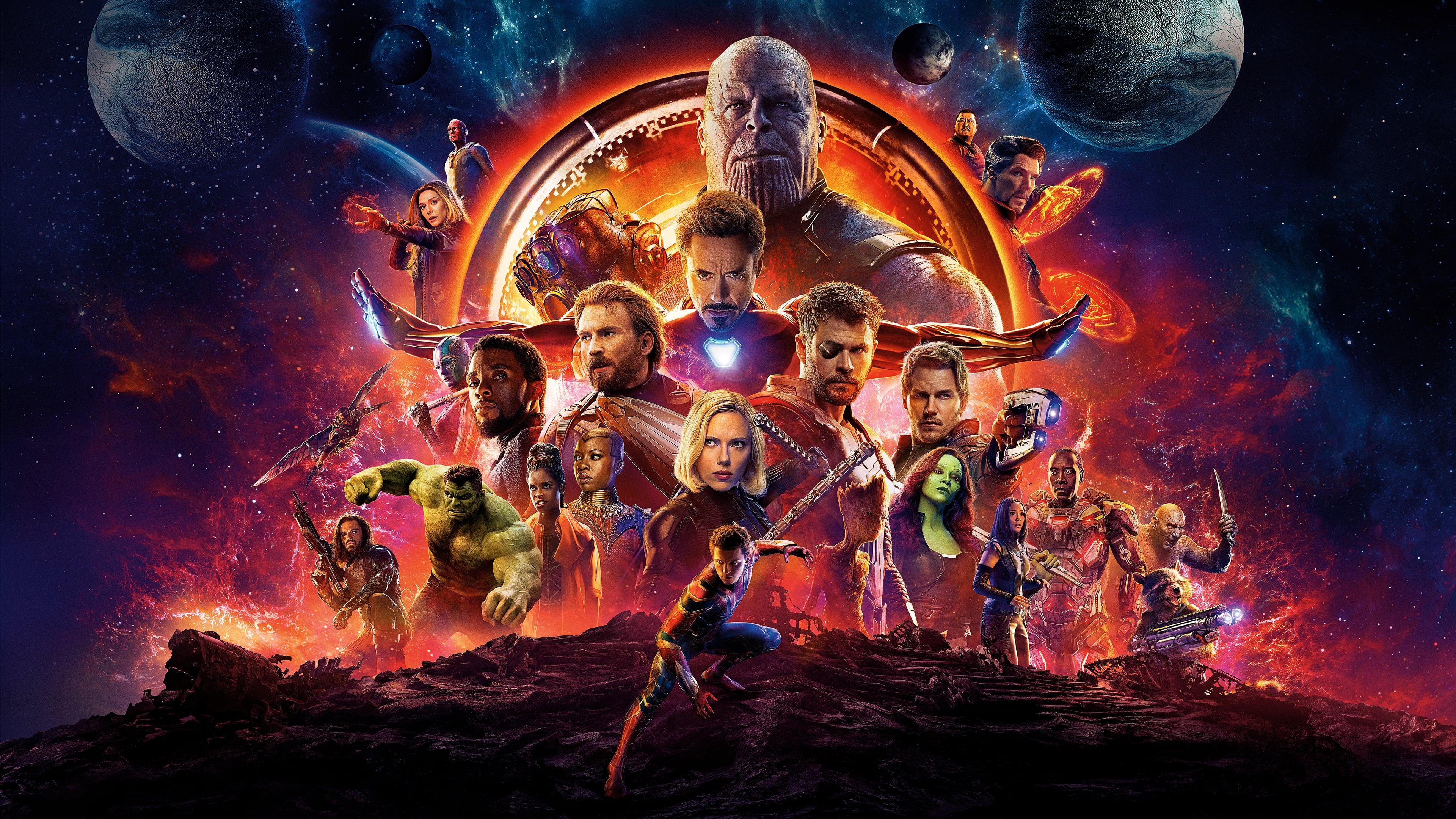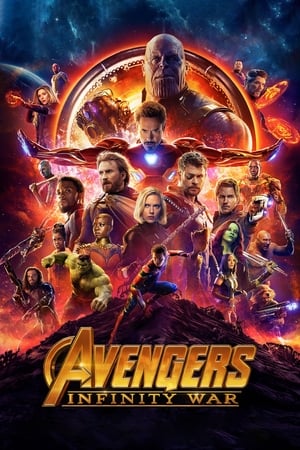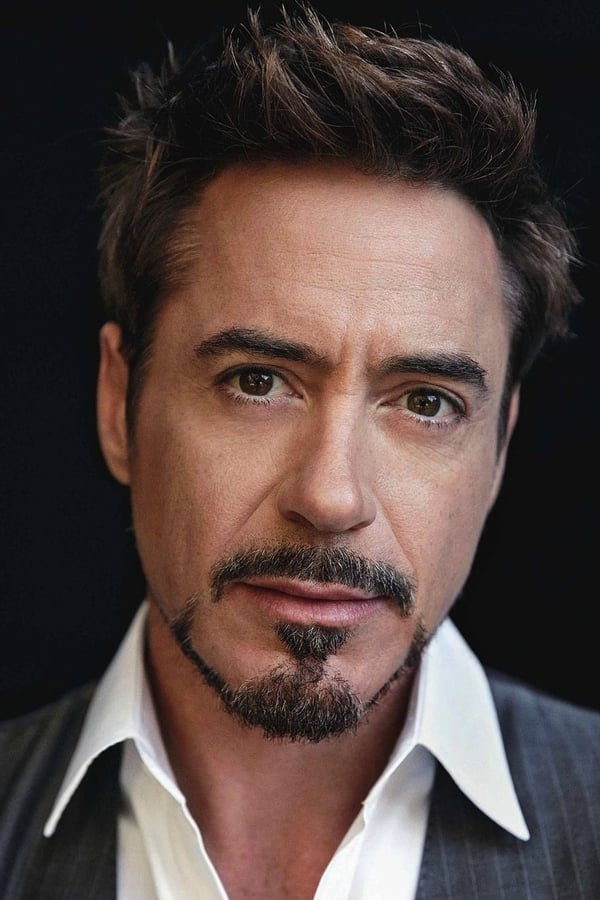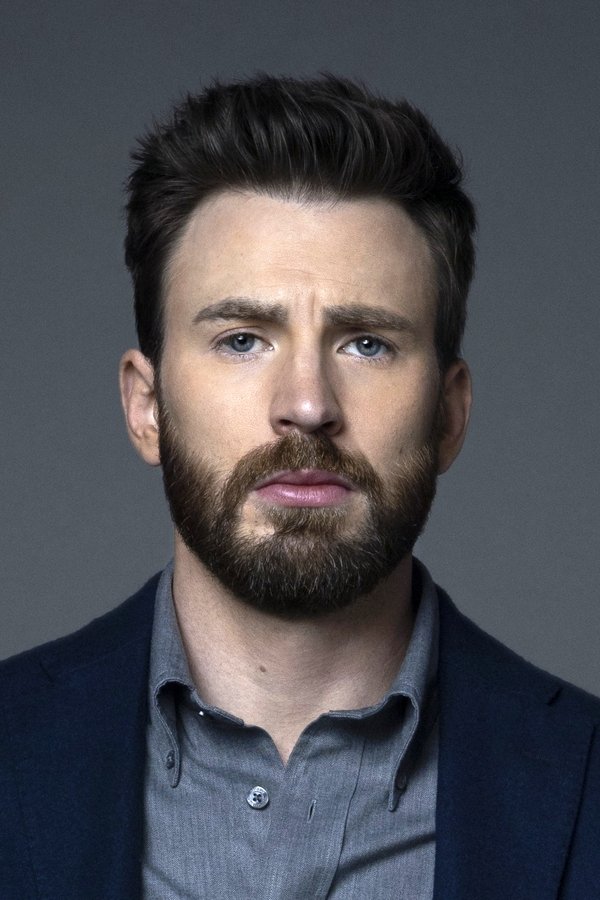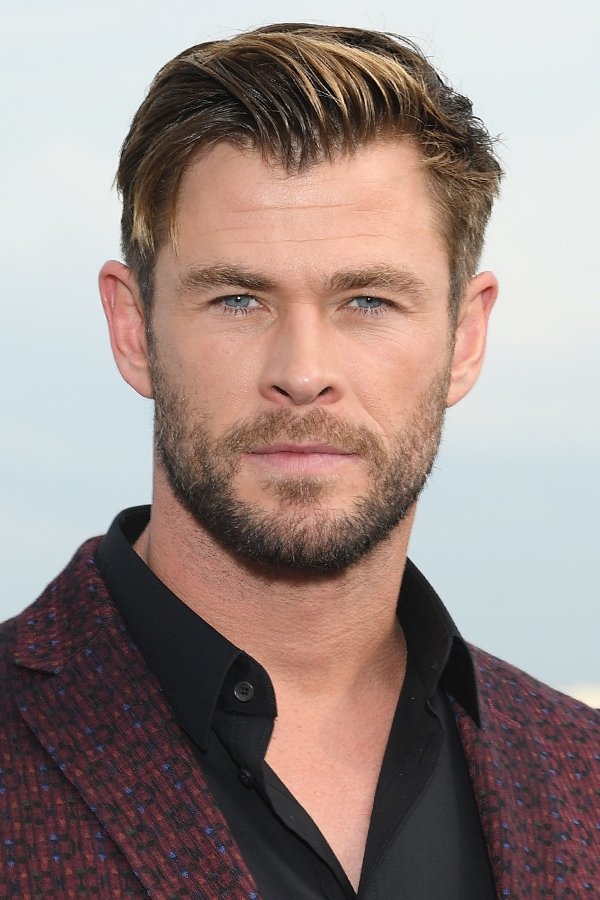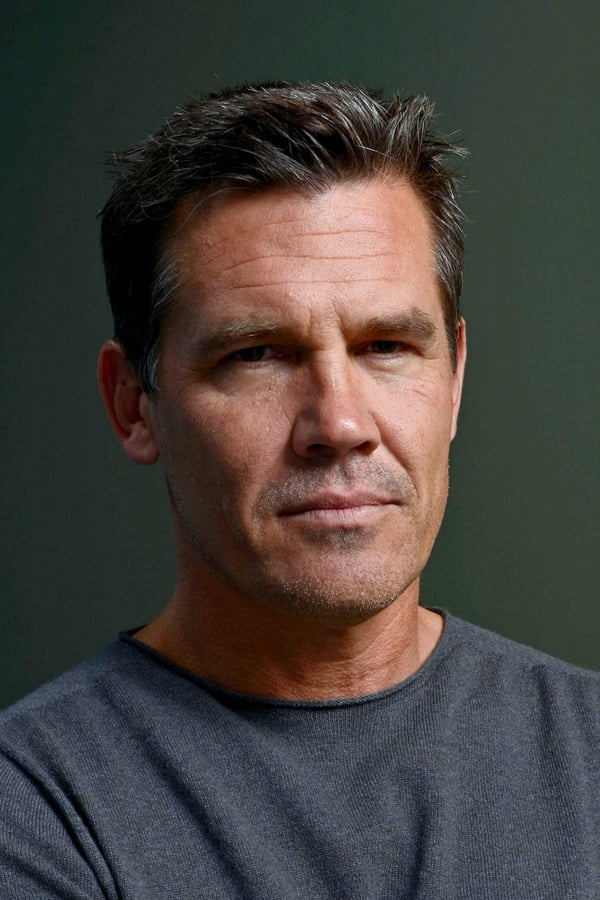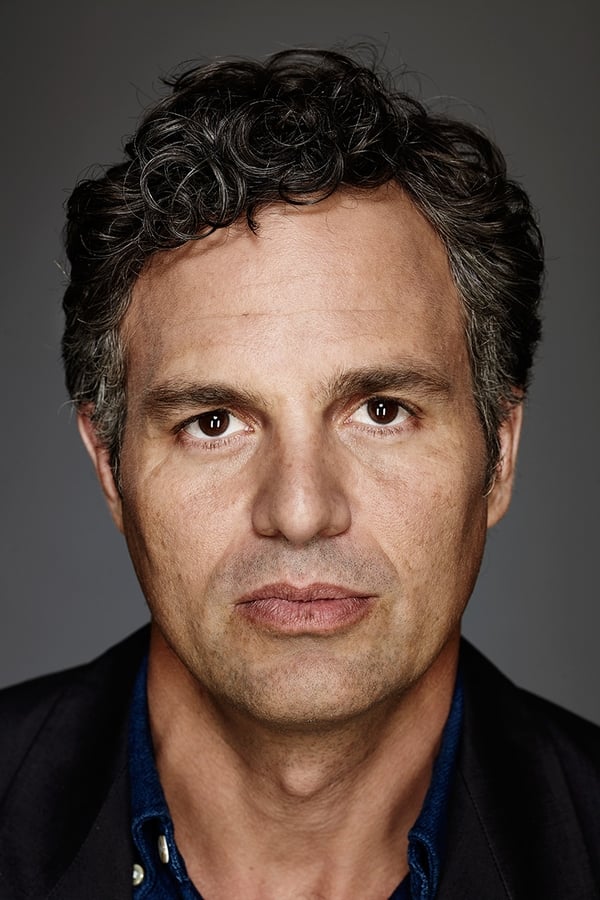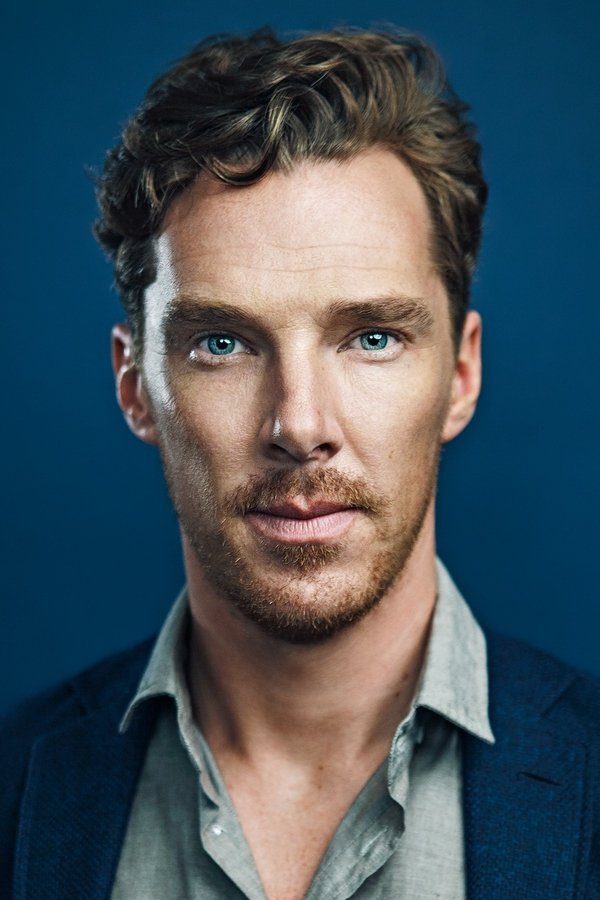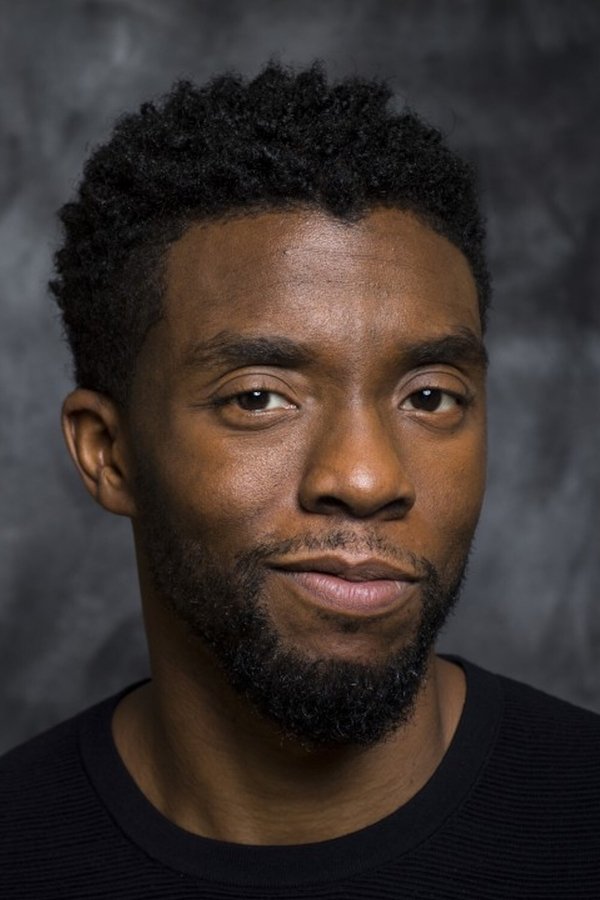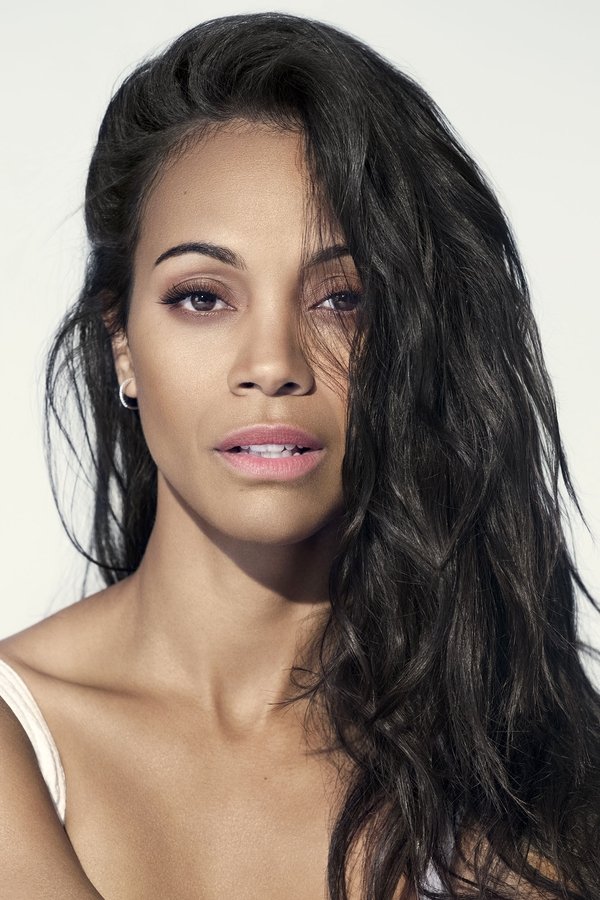Author: Nathanael Molnár, originally published [4/26/2020]
It was Friday, April 26th, 2019. I was sitting in the AMC Dolby Theater, my friends on either side of me. Everyone in the theater was buzzing, excited. A couple of people walked in with light-up arc reactors pinned to their chests. The lights came down, and the iconic Marvel Studios theme blasted through the theater. The audience cheered; everyone was giddy and ready for what we had all been patiently waiting for since May 2nd, 2008. Avengers: Endgame, the fulfillment of the promise of the Marvel Cinematic Universe.
It’s strange to think that Endgame came out a full year ago. I’ve been a fan of the MCU from the very beginning. As a life-long comic book fan, following the unfolding and the blossoming of this entire cinematic universe has been truly magical. It’s something that I’m still surprised we get to see and enjoy. I believe the MCU redefined the comic book movie genre. Comic book movies existed before the MCU and were successful before it. However, under the meticulous leadership of Kevin Feige, the MCU gave us something radically different (current list of all MCU films 2021).
It brought to life the long-form storytelling of comic books, the character arcs that span years, and the meshing of different worlds. In the medium of film, the MCU captured the feeling of reading comic books spanning decades, following characters in their own stories, and then following them into their larger team-ups. Sure, there were the X-Men movies that revitalized the genre when Batman & Robin had essentially killed it. Spider-Man brought whimsy back into the genre, and Batman Begins established realism. It was the MCU that brought consistent continuity, long-form story arcs, and a balance of bombastic spectacle action and genuine character growth and development.
As successful as the MCU became, as popular as The Avengers or Guardians of the Galaxy or Black Panther became, the entirety of this 22 movie experiment hinged on its conclusion. If the MCU didn’t deliver a satisfying conclusion to what this entire thing had been building towards, everyone would have walked away disappointed. Sure, we would still revere the individual films we loved, but the MCU as a whole would have far less significance if Endgame had dropped the ball. On April 26th, 2019, Endgame not only did not drop the ball, but it delivered for fans so much that it went on to become the highest grossing movie of all time!
